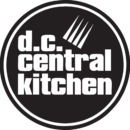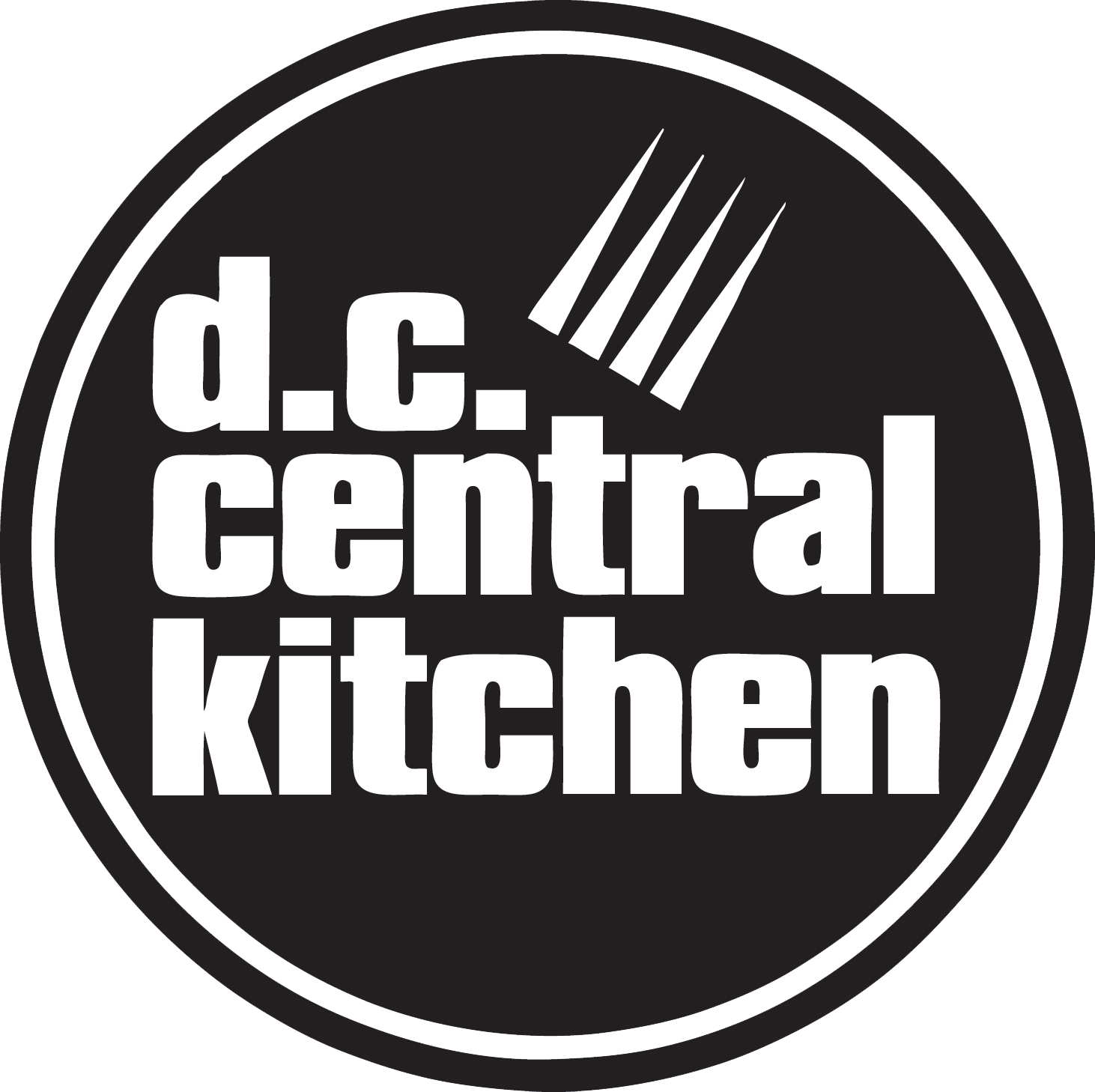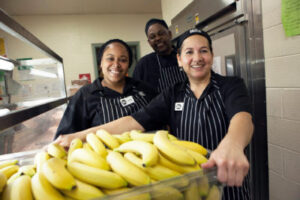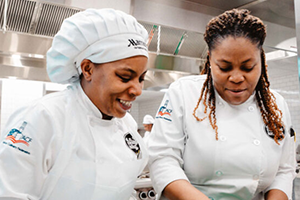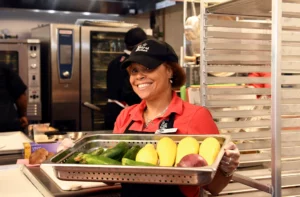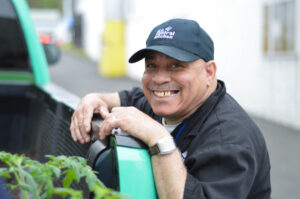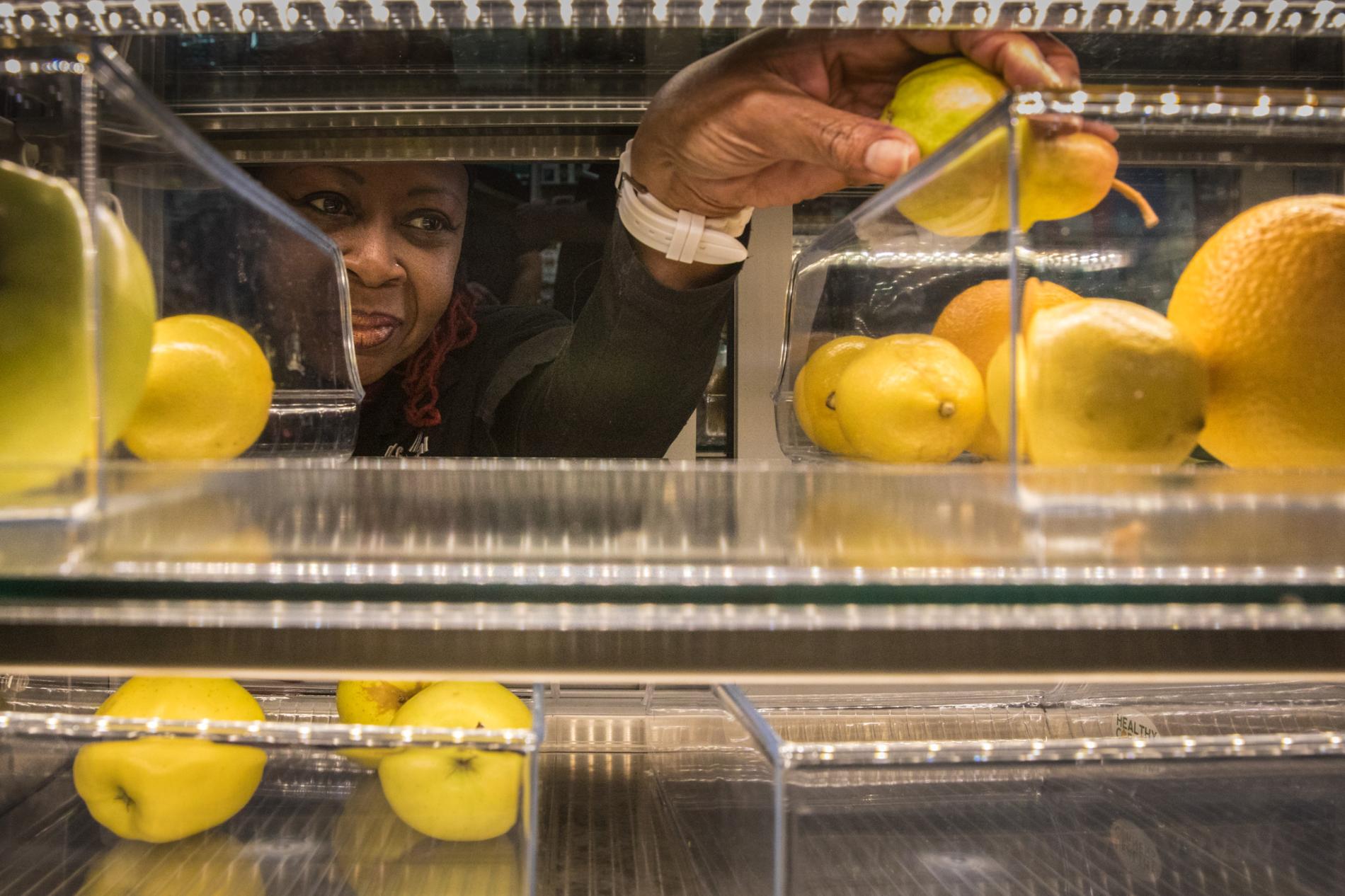Everything we do at DC Central Kitchen ultimately boils down to what we call our “triple bottom line.” We take great pride in ensuring that our programs all accomplish three things: create opportunities for meaningful careers, expand healthy food access, and test innovative solutions to systemic problems.
One of our social ventures, Healthy Corners, was created in 2011 as a response to the growing income disparity in our community and lack of healthy food options in DC’s Wards 7 and 8. The program was launched to deliver fresh produce and healthy snacks to corner stores in DC’s low-income communities, offering produce to corner stores at wholesale prices and in smaller quantities than a conventional distributor. The stores then sell the produce at below-market prices, making it an affordable option for the consumer.
Our initial goal of Healthy Corners was to lower the barrier to entry for store owners and make it easier for them to carry healthy food options for their customers. By acting as the producing wholesaler, we’re able to offer items to corner stores with no minimum order, a barrier that had previously made it hard for stores to carry produce in their stores. We supplied racks, baskets, and small refrigerators so that the stores didn’t need to pull anything from their shelves to make room for the Healthy Corners items. We focused on finding ways to work with the stores and the systems they were already using, including building out our ordering system so that stores could continue to use their own point-of-sale operations.
In the first year, 33 small retailers and corner stores stocked and sold fresh produce through the Healthy Corners program which resulted in sales of $13,343. Over the next five years, the number of Healthy Corners stores continued to grow to include more than 70 stores. During that time, we honed our model, finding ways to incorporate more fruits and vegetables from local farmers; reduced waste by buying “ugly produce” that was still edible but not attractive enough for retail, and safely repurposed it; and, we created a tiered membership option for Healthy Corner stores to help grow in a sustainable way. We created a training manual for stores that included common questions about store layout, ordering, customer preferences and even an individualized annual report. We worked with farmers markets, healthy clinics and community centers to begin offering events at corner stores including cooking demos, nutrition workshops and taste tests of our products to help raise awareness of the healthy options for sale in the corner store.
In 2018, with support from the Gus Schumacher Nutrition Incentive Program (formally the Food Insecurity Nutrition Incentive grant), we began the “5 for 5 Coupon Program”. At select Healthy Corners stores, we offered a “5 for 5” coupon program for SNAP/EBT customers. When a customer spends $5+ using their SNAP/EBT card, they receive a $5 coupon for free fruits and vegetables. Since October 2018, 23,000 coupons have been distributed with a 71% redemption rate. Participating stores have seen an 84% increase in the varieties of produce they are carrying and a 300% increase in the pounds of produce they sell.
Despite all the growth of Healthy Corners, DC Central Kitchen has never stopped prioritizing our triple bottom line. Our partnerships with corner store owners are making healthy food more accessible while also creating careers for unemployed DC residents. Healthy Corners production, packaging, and distribution is led by DC Central Kitchen employees, all of whom are graduates of our esteemed Culinary Job Training program.
Our Healthy Corners program is not solely motivated by revenue, which is why success looks different at each store. For some, success is making a “positive exit” from the program which means that they no longer rely on Healthy Corners to provide healthy food items and instead are working directly with a wholesaler to purchase their fresh produce. For others, it’s about generating consistent profit from the produce or receiving positive customer feedback. No matter where a store is in our program, we have a roadmap for reaching these goals. For us, success means DC Central Kitchen is no longer necessary to fill a gap in our community. We will continue to whatever it takes, for as long as it takes, to address the challenges in our city in a way that provides positive outcomes for everyone.
PHOTOGRAPH BY REBECCA HALE, NATIONAL GEOGRAPHIC
